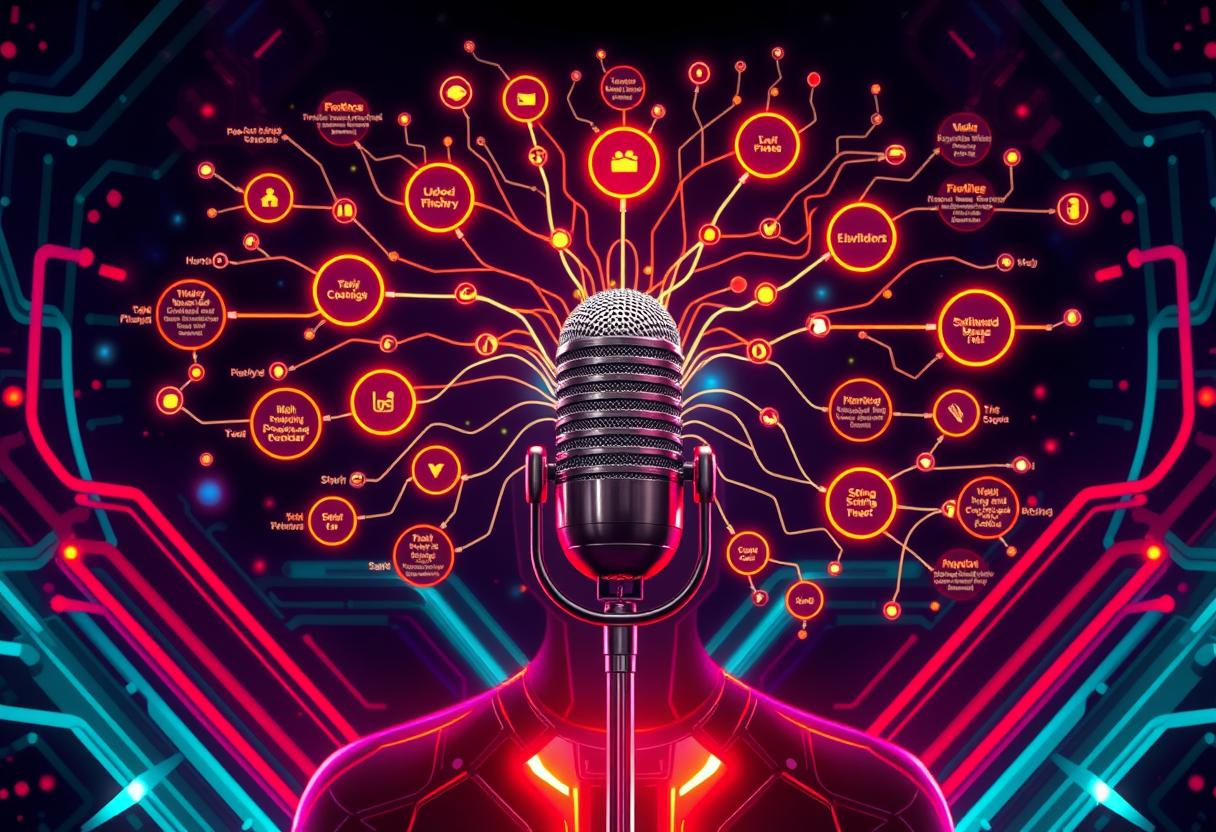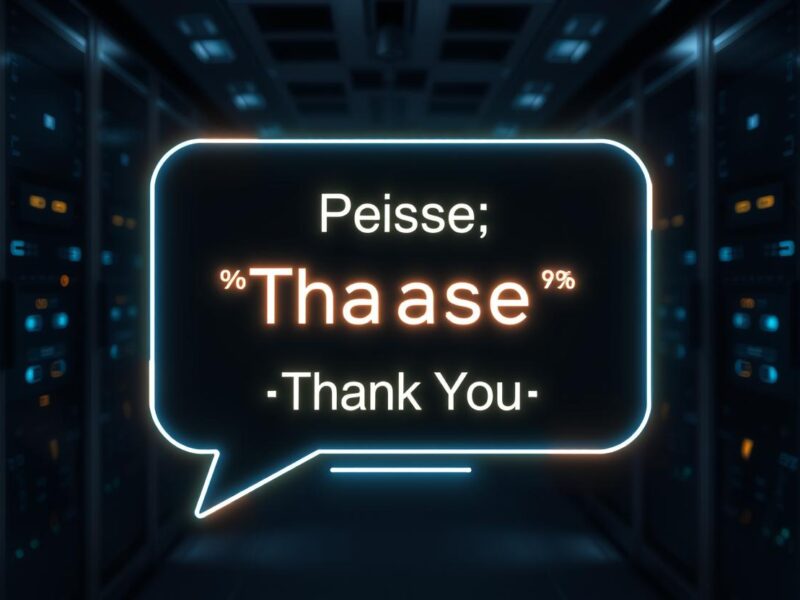OMG, you guys! 🚀 I just did something crazy with NotebookLM, and the results are absolutely mind-blowing! 🤯 I took a 218-page research paper on string theory—yes, that super complex physics stuff—and turned it into a podcast. And guess what? It actually made sense! Well, kind of. 😅
First off, let me be real with you. I don’t understand string theory. Like, at all. It’s this wild concept in physics that tries to explain the universe using tiny vibrating strings instead of particles. Sounds like sci-fi, right? But it’s real science, and it’s HARD. Most people, including me, can’t even begin to wrap their heads around it. But that’s where NotebookLM comes in! 🎙️
NotebookLM is this super cool AI tool from Google that lets you upload documents and turn them into summaries, mind maps, and even podcasts. I’ve been playing around with it for a while, and the podcasts it creates are surprisingly conversational and easy to follow. So, I thought, why not push it to the limit? Let’s see if it can handle one of the most complex topics out there. Challenge accepted! 💪
I found this massive 218-page research paper by Dr. David Tong from the University of Cambridge. It’s packed with string theory goodness, but reading it felt like trying to decode an alien language. So, I fed it into NotebookLM and hit the “create podcast” button. Then I waited… and waited… for like 30 minutes. The suspense was killing me! 😬
Finally, the podcast was ready. I pressed play, and… WOW. The AI hosts—a guy and a girl—started talking about string theory like it was no big deal. They covered general relativity, quantum mechanics, and even dropped terms like “bosons and fermions” like they were chatting about the weather. The best part? They actually tried to explain it in a way that made sense to a layperson (aka me). Sure, some parts went over my head, but they kept it engaging with analogies and banter. It was like listening to a legit science podcast! 🎧
There were moments when it got a bit too technical, and I felt my brain starting to melt. But then the male host would swoop in with a summary or a joke, and I’d be back on track. The female host sometimes sounded like she was reading straight from the paper, but hey, at least she knew her stuff! 😆
The podcast ended kinda abruptly after 31 minutes, like they ran out of steam. Maybe even AI gets tired of explaining string theory? 😂 But overall, it was way better than I expected. I also checked out the mind maps NotebookLM created, and they were super helpful for visualizing the concepts. Branching diagrams FTW! 🌳
Of course, I wondered if the podcast was accurate. AI can sometimes hallucinate or misinterpret stuff, right? So I reached out to a physics expert, Dr. Michael Lubell, to give it a listen. His verdict? “Interestingly presented, but it requires a reasonable amount of expertise to follow it.” So, not perfect, but not totally off the rails either. Phew! 😅
This experiment showed me that NotebookLM is way smarter than I am when it comes to dense scientific topics. It’s not perfect, but it’s a game-changer for learning complex stuff. Who knows? Maybe one day, AI will be the ultimate teacher. For now, I’m just happy I got a glimpse into the wild world of string theory without my brain exploding. 🧠💥
So, what’s next? Maybe I’ll feed it a book on quantum computing and see what happens. Stay tuned! 🔥


